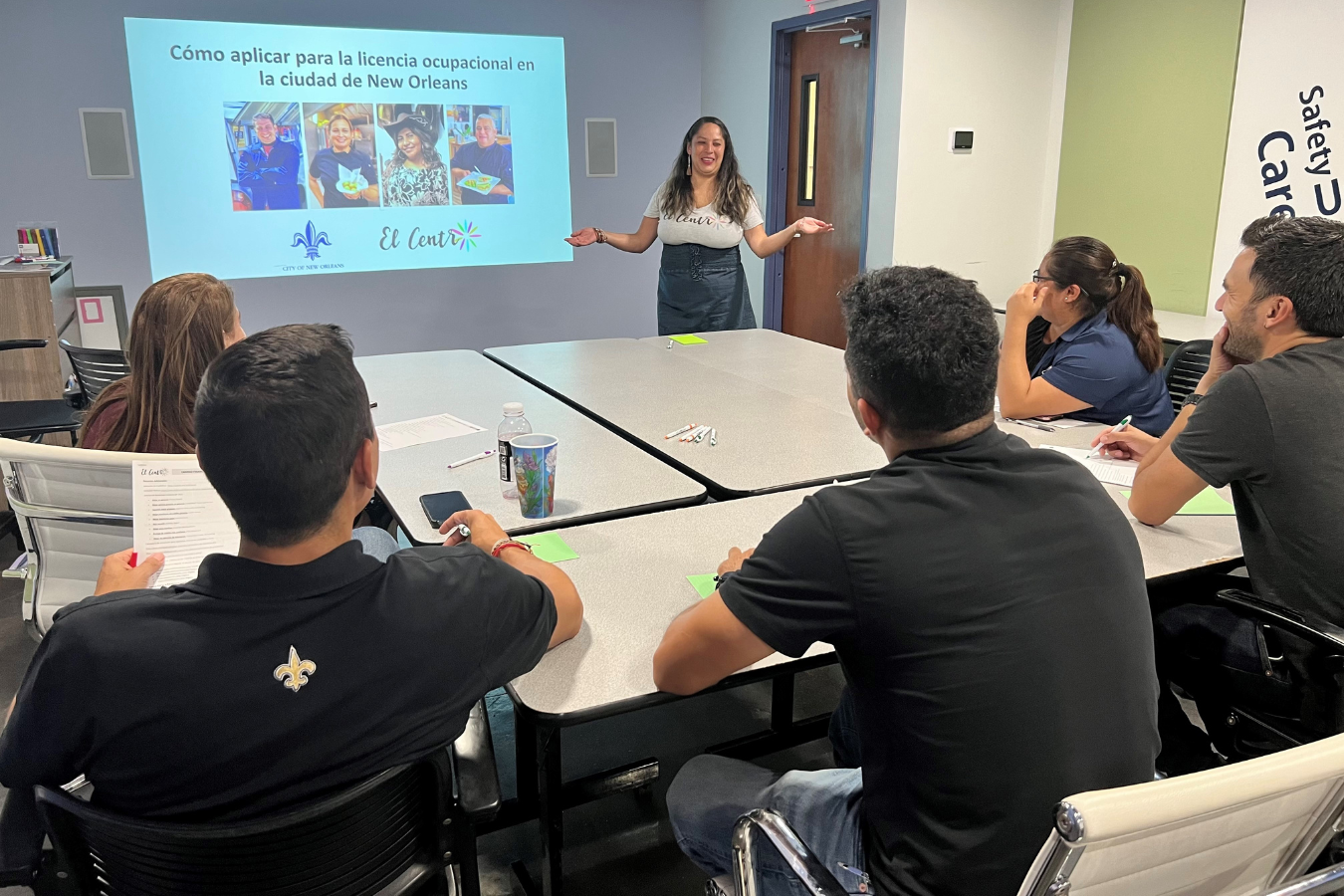Andy Harris, a Maryland Republican and anesthesiologist by training, has been facing challenges when it comes to practicing medicine while serving in Congress. House rules and federal ethics laws restrict members from earning more money than they pay in professional and administrative fees, such as malpractice insurance. This limitation has made it difficult for Harris and other medical professionals in Congress to continue practicing their profession while serving as lawmakers.
In an effort to address this issue, Harris is advocating for language in the fiscal 2025 Legislative Branch spending bill that would clarify the right of medical professionals to work for compensation while in Congress. The proposed language would still impose an annual second-income cap, but it aims to provide more clarity and flexibility for medical providers who wish to continue practicing while serving in Congress.
The current restrictions on medical professionals in Congress stem from the Ethics Reform Act of 1989, which prohibited members from engaging in professions that involve a fiduciary relationship for compensation. While the House Ethics panel later exempted medical practice from this prohibition, the federal statute was never updated, leaving congressional doctors in a legal gray area.
The proposed language in the Legislative Branch spending bill seeks to add a fiduciary exemption for medical and dental providers to the U.S. Code, providing much-needed clarity for medical professionals in Congress. Harris, a senior appropriator, believes that this change would eliminate ambiguity and allow medical professionals to continue practicing without running afoul of ethics laws.
However, the proposal has faced opposition from Democratic appropriators who argue that it could create a loophole and potentially lead to conflicts of interest. Some lawmakers are concerned that exempting medical professionals from certain income restrictions could compromise the integrity of Congress and prioritize personal financial interests over public service.
Despite the debate over second income, some lawmakers believe that allowing medical professionals to practice while in Congress could be beneficial. Ohio Republican Rep. Brad Wenstrup, a podiatrist and co-chair of the GOP Doctors Caucus, sees the provision as a way to recruit more doctors to Congress and remove barriers for those in the medical field.
Overall, the issue of outside employment for medical professionals in Congress highlights the complexities of balancing personal professions with public service. As lawmakers continue to navigate these challenges, the proposed language in the Legislative Branch spending bill represents a step towards providing clarity and support for medical professionals who wish to continue practicing while serving in Congress.

















